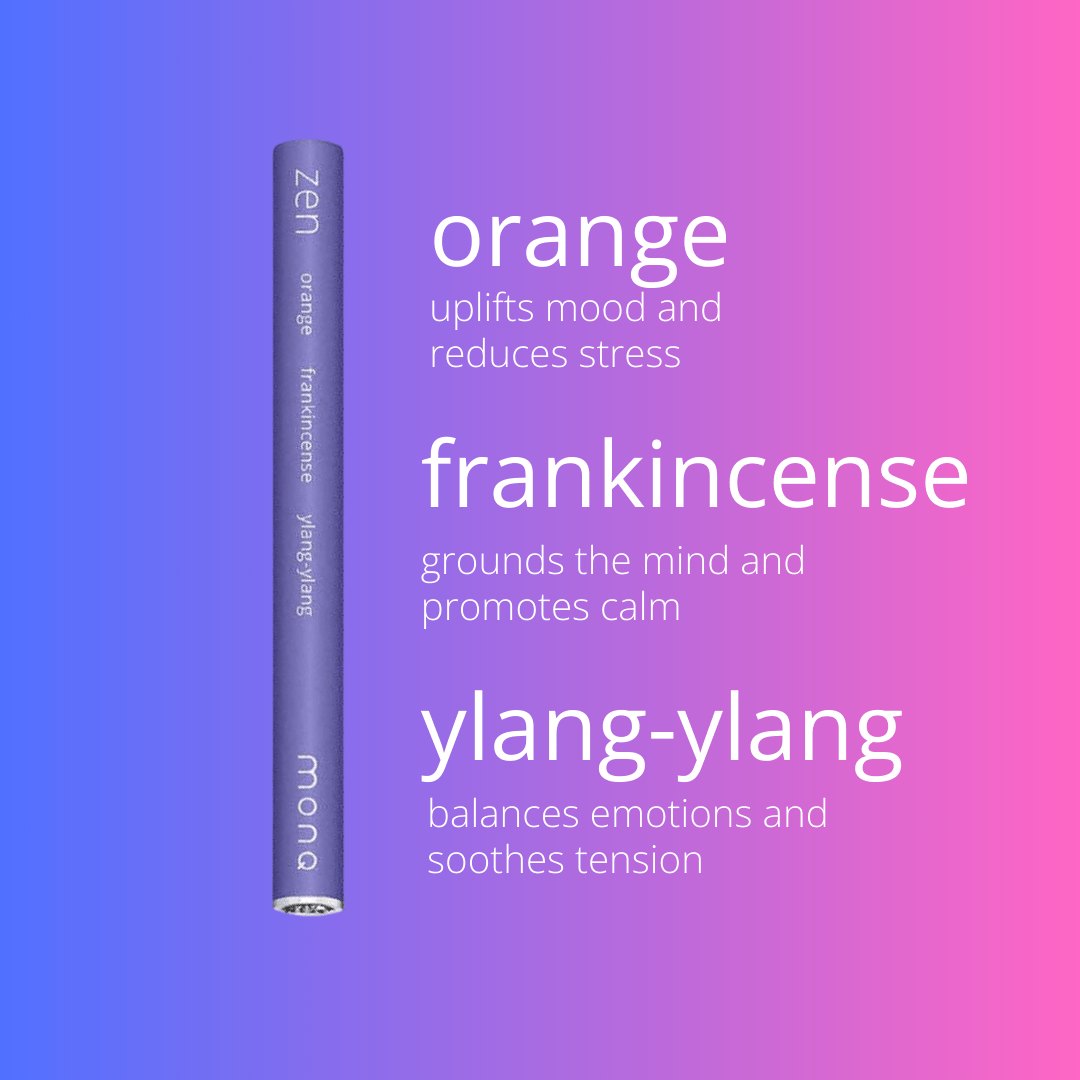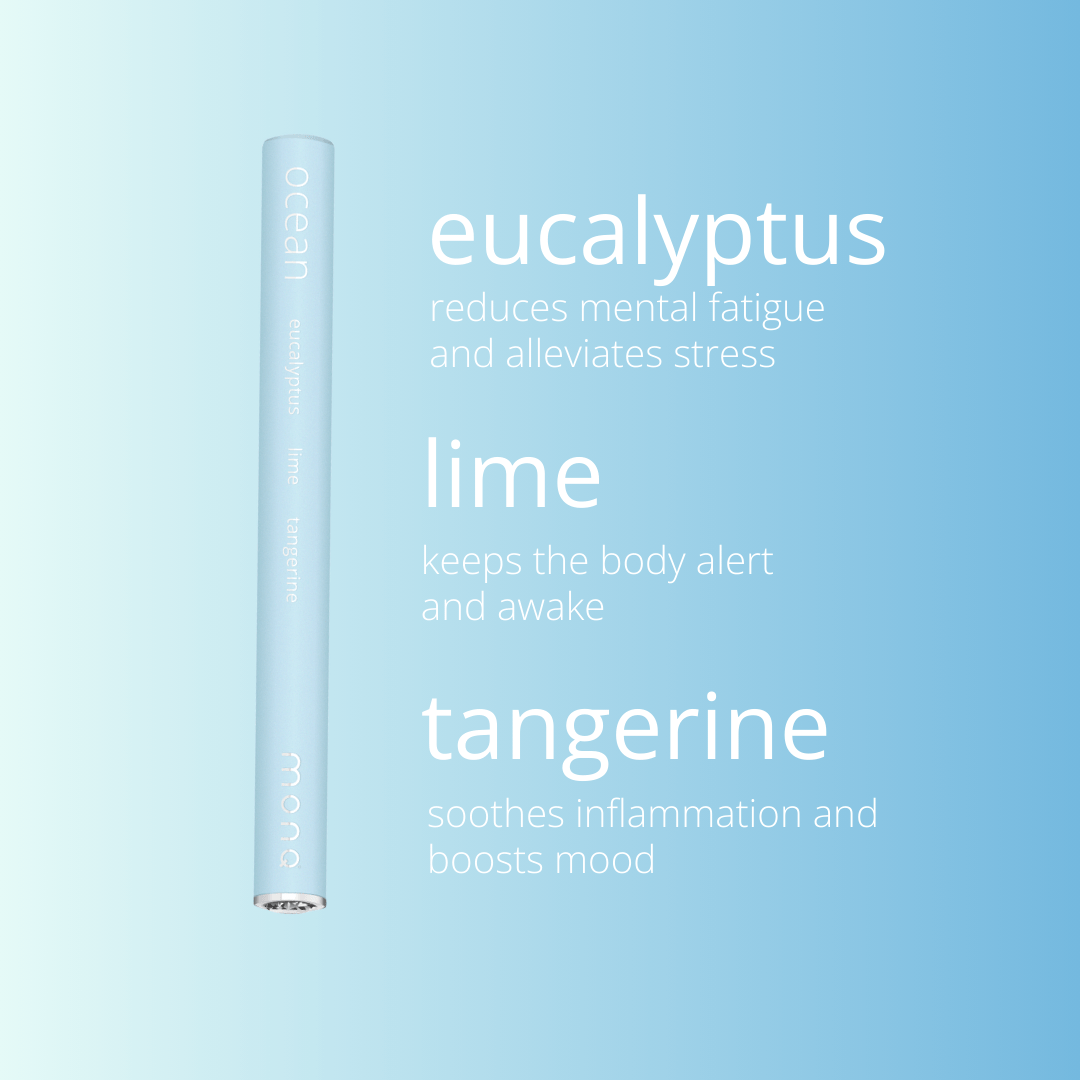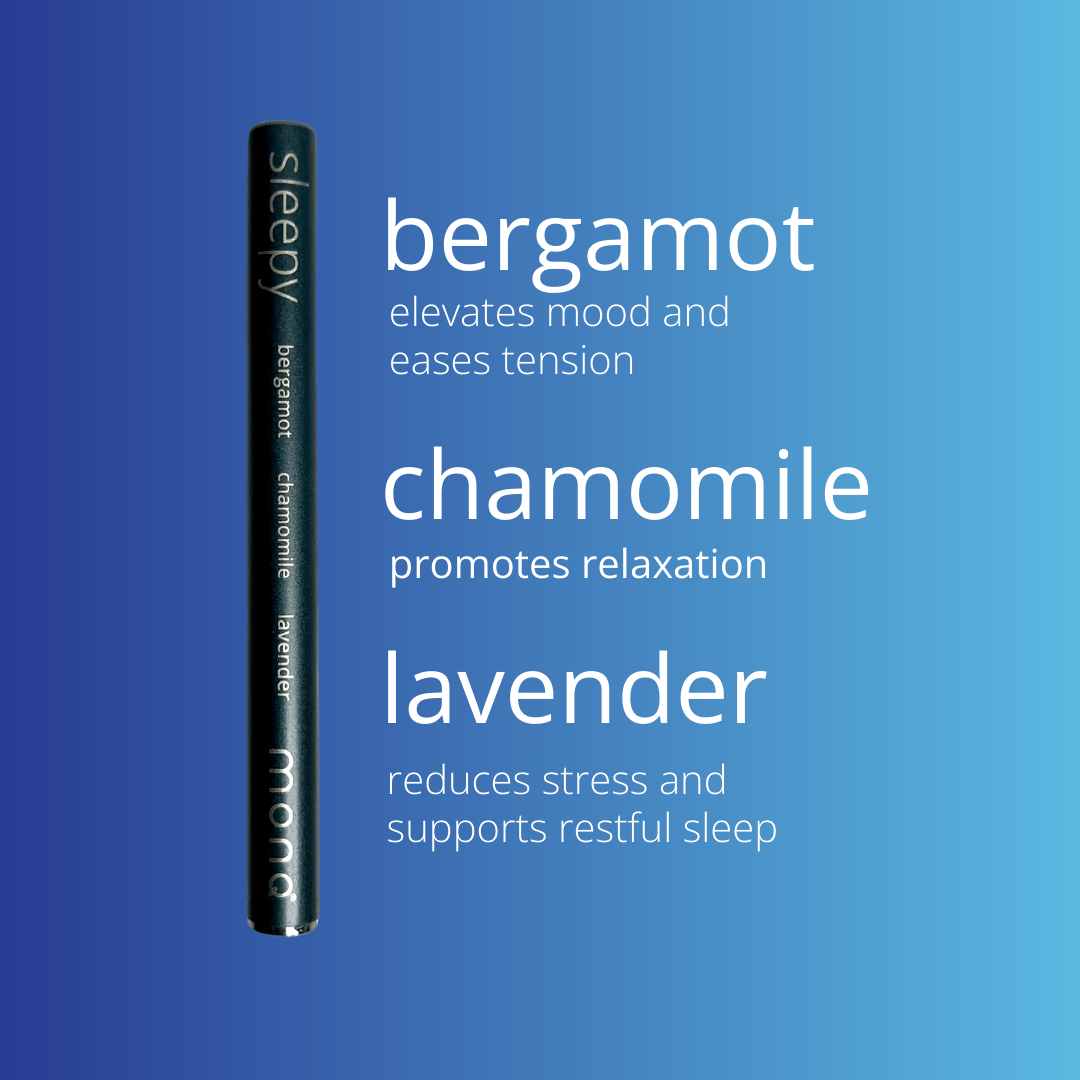Navigating Nutrition on a Vegetarian Diet

Embarking on a vegetarian journey is both commendable and exciting. While the choice comes with a multitude of health benefits, understanding the nuances of the diet can ensure that you reap its full rewards. Here's a guide to help you navigate and optimize your vegetarian choices.
1. Calcium: Beyond Dairy While dairy is a known source of calcium, some vegetarians opt to reduce or eliminate it. However, there are abundant plant-based alternatives that can fill this nutritional gap. Remember to diversify your calcium sources for better absorption since certain plant-based options contain phytic acid which can bind with calcium. Think about incorporating fortified coconut milk as a delightful twist – it's a flavorful alternative that can offer vitamin D and calcium benefits.
2. Power Up with Protein Yes, vegetarians can get ample protein without meat! The key lies in variety and understanding the bio-availability of different protein sources. While meat sources are highly bio-available, there are vegetarian-friendly options like dairy, soy, legumes, nuts, seeds, and whole grains like quinoa. Balance is essential, so aim to mix and match to ensure you get a spectrum of amino acids.
3. Iron: It's in the Greens (and More!) A common misconception is that vegetarians struggle with iron intake due to the absence of meat. In reality, foods like quinoa, legumes, nuts, brown rice, and even broccoli are rich in iron. Embrace a colorful plate, and you'll likely hit your iron goals.
4. Soak Up Some Sun for Vitamin D While vitamin D is usually obtained through sunlight exposure, fortified dairy products can also boost your intake. If you're skipping dairy, ensure you're spending adequate time outdoors to help your body produce this sunshine vitamin.
5. B12: Navigating a Common Concern Vitamin B12 predominantly exists in animal-derived foods, making it a point of attention for vegetarians. However, dairy products like yogurt, cow milk, and eggs can be good sources. For those excluding dairy, fortified cereals and nutritional yeast are worth exploring. Given its importance, B12 supplements can also be a beneficial addition.
Being a vegetarian can be a delightful culinary adventure, rich in flavors and health benefits. With knowledge and a sprinkle of creativity, potential nutritional gaps can easily be bridged. Dive into the world of vegetarianism with enthusiasm and an open heart, and let your health shine!








Leave a comment